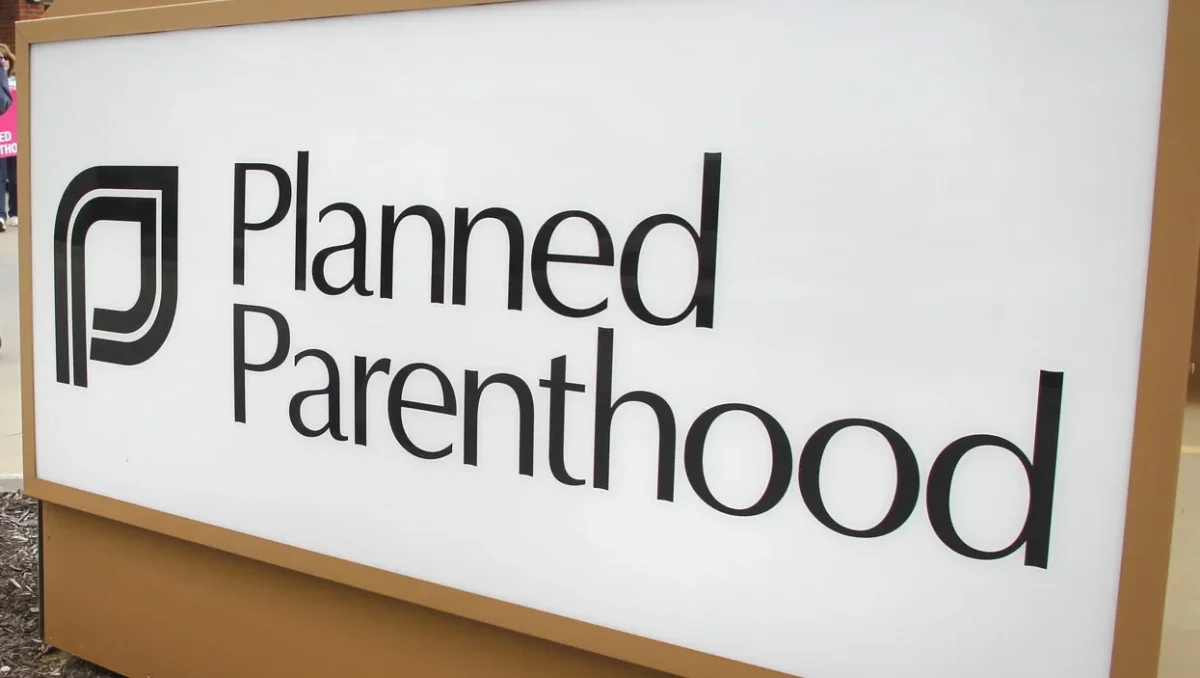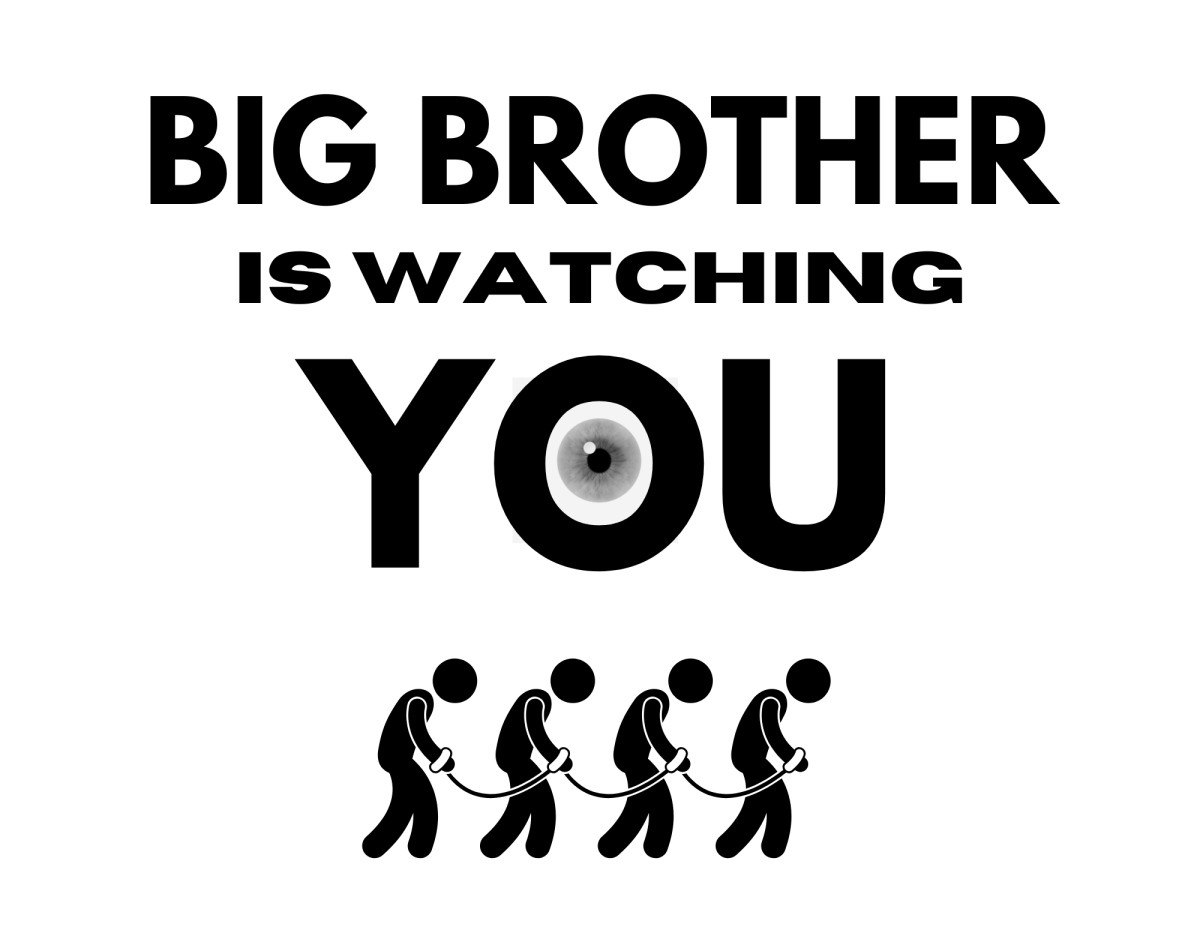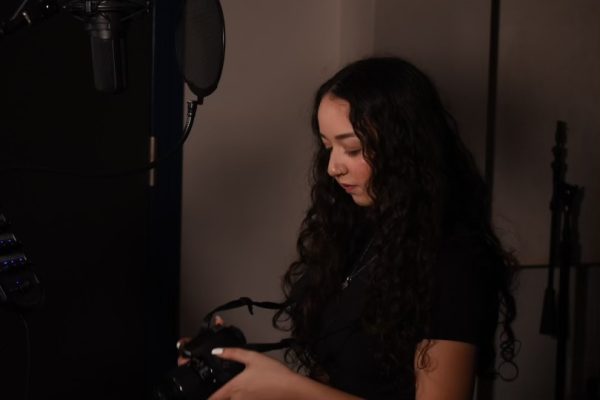Listening to any Chris Brown song feels absolutely amazing when there is nobody to let out a loud gasp in your ear and then tell you that it is wrong.
There is something so special about his music. Each song comes with a raw energy that is felt in every beat, note, and step he takes on stage, like his heartbreaking song “Residuals.” Residuals is the epitome of how the past lingers, much longer after the initial impact.
In the same way, every time a new Chris Brown song comes out or is casually the next song played on aux, there’s this lingering judgment of past actions that refuses to go away.
This leads to the question: If Rihanna can move forward from these actions, why can’t we?
Back in 2009, Chris Brown and Rihanna got into an altercation, leaving her face bloodied, bruised, and swollen. A statement by an LA Detective states Brown had punched Rihanna repeatedly in the face and arm, even biting her ear, all while maneuvering their rental down the street.
It later came out, that they were both partaking in verbal and physical fights.
Now, this does not mean what he did that night was okay and he is excused. Chris Brown has never even asked for that.
Despite his apologies and legal consequences, a large portion of the world has hated him ever since and prayed for his downfall, but Rihanna forgave him in an interview with Oprah.
“I have forgiven him,” she said, though she admitted. “I was angry for a long time.”
In a world where people make little effort to change, Chris Brown’s clear effort to change should be acknowledged and considered. He’s taken accountability publicly, completed court-mandated programs, and stayed consistent with his career despite losing fans, opportunities, and endorsements along the way.
Over the years, he never hid from the situation or the media, he worked hard to prove that he is more than the worst thing he’s ever done.
Yet the world treats him like he’s never changed and he is still that guy from 2009 with headlines, every tweet, every cancellation that follows him. It honestly seems more like punishment with no expiration date.
In the 2017 documentary Chris Brown: Welcome to My Life he stated “I went from being on top of the world, No. 1 songs, being kind of like America’s sweetheart to being Public Enemy No. 1… I felt like a (expletive) monster.”
It is understandable not to be able to feel the same way about a person after something like this, but to make someone feel the way he felt from behind a screen should not be so normalized.
Through all this, it feels like listening to his music turned into a taboo subject. Listening to his music being equal to supporting his past is a huge misconception. All music reflects an artist’s talent, not their past.
Nobody can pretend his music isn’t some of the best in the R&B genre. The vocals, the choreography, the production, it is all there.
It is one hundred percent possible to acknowledge that what he did was incredibly wrong, but still recognize the creativity that has come from him.
So many artists from any decade or genre have been involved in criminal situations, and they have been separated from their art.
However, when it comes to Chris Brown, there’s a vast consensus that his art should be muted entirely. Is this because he never gave up on music due to the overwhelming negativity from the media, or because he is still successful despite it?
Disliking someone personally doesn’t mean their music loses value. And Chris Brown’s discography is filled with songs that shaped a generation of R&B. That type of achievement will never disappear because of what happened over a decade ago.
At some point, society should start thinking about the goal with the Chris Brown hate.
He will never be able to erase what happened in 2009; he has never tried to. But he has spent considerable time proving he’s not defined by that moment.
His music isn’t dangerous and he doesn’t have to be treated like a prince, but maybe it’s time for society not to swear that listening to his music means you excuse the past.
Undoubtedly, it is possible to hold someone accountable but still recognize talent.
If Rihanna can forgive him, maybe it is time for those who haven’t taken that first step and separated the art from the artist.










